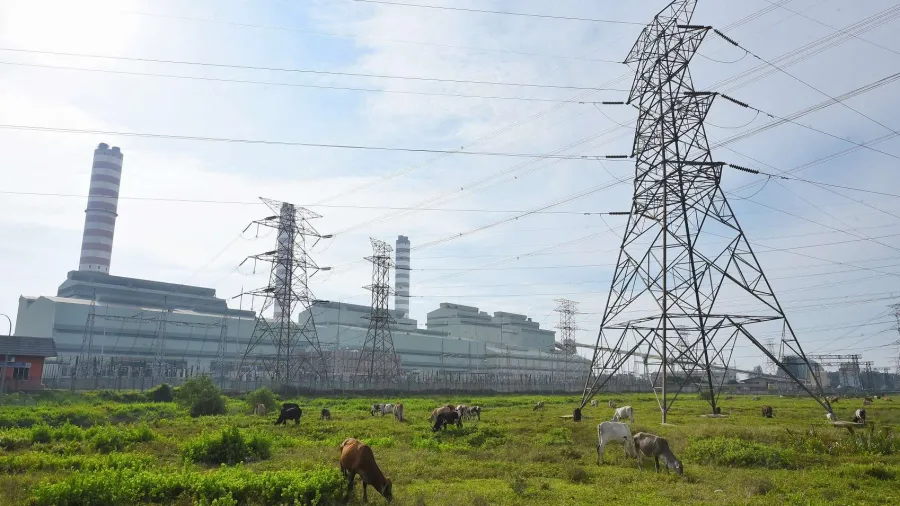
Malaysia’s TNB to develop 2,100MW combined cycle power plant
This is scheduled to be in operation in 2031.
Tenaga Nasional Berhad, through its subsidiary TNB Power Generation Sdn Bhd, will be developing a 2,100-megawatt combined cycle power plant in Kapar, Selangor.
This comes after the company received a letter of intent from the Ministry of Energy and Natural Resources.
“It is part of our ongoing drive to further strengthen TNB’s accelerated Energy Transition plan, in support of a carbon-neutral nation and the National Energy Policy, which was announced by the government recently,” TNB President and CEO Dato’ Indera Ir. Bahrain Din said.
Read more: TNB secures fund for large-scale solar project in Bukit Selambau
The project will be in collaboration with Widad Business Group Sdn Bhd. It is scheduled to start commercial operation by 2031.
According to TNB, the project has an estimated investment of RM9.5b. It is also expected to deliver an earnings before interest and tax of approximately RM400m annually.
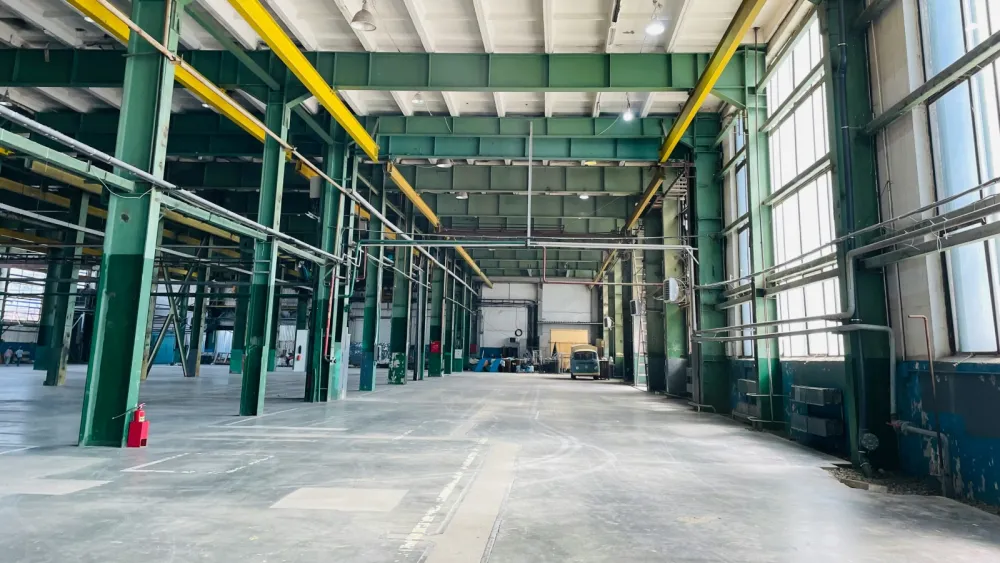
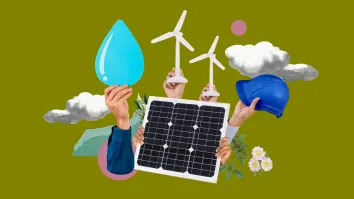
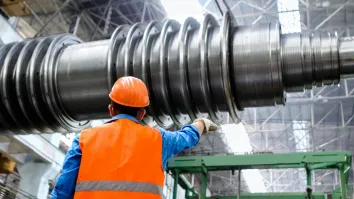
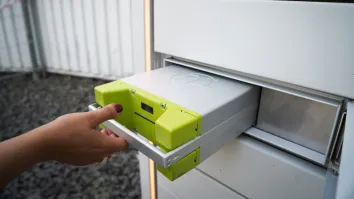
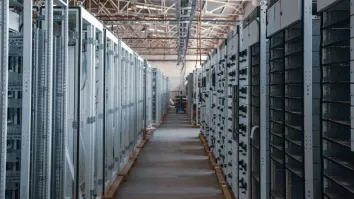













 Advertise
Advertise







